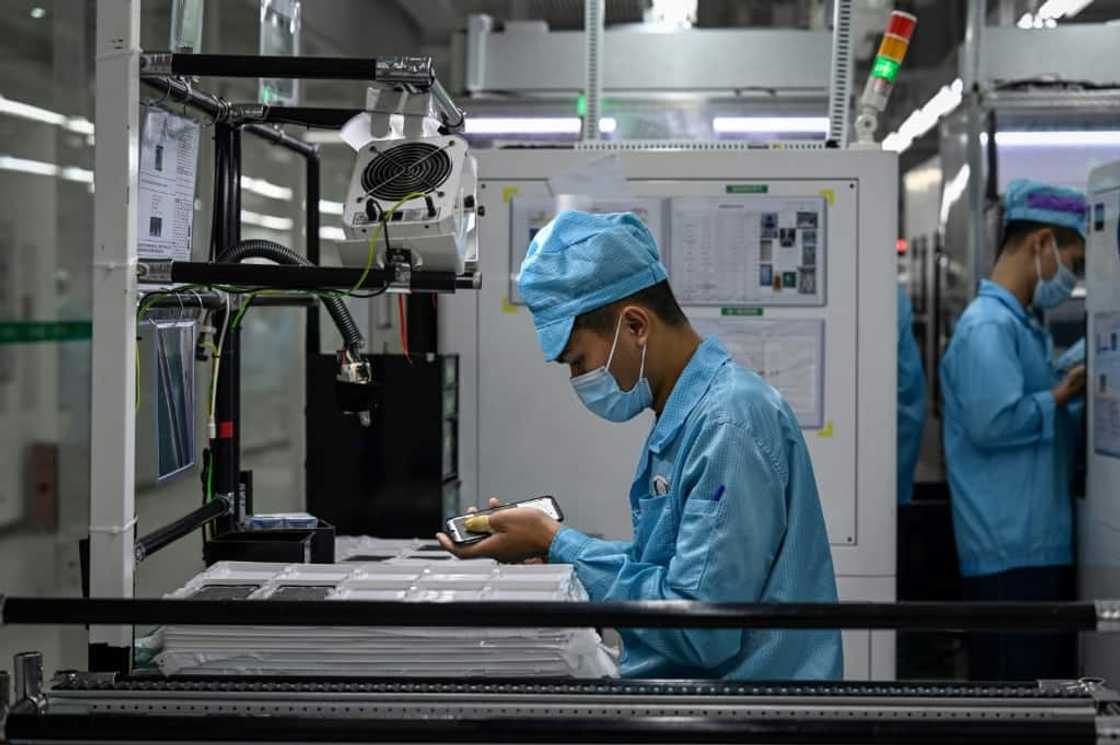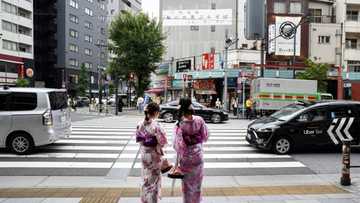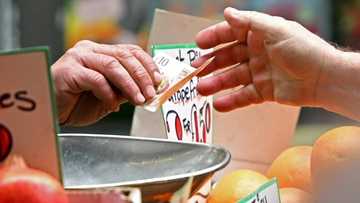China's factory output, retail sales up in July but weaker than expected

Source: AFP
New feature: Check out news exactly for YOU ➡️ find “Recommended for you” block and enjoy!
Factory output and retail sales in China edged up in July but were weaker than analysts' expectations, official data showed Monday, as a Covid-19 resurgence and property market jitters cast a pall over hopes for a stronger economic recovery.
The world's second-biggest economy saw a bounce in business activity as some coronavirus restrictions eased in June, but the boost is fading and Beijing remains welded to a zero-Covid policy of snap lockdowns and long quarantines, which has battered sentiment.
But for July, China's industrial production rose 3.8 percent on-year, down from a 3.9 percent jump in June, the National Bureau of Statistics (NBS) said Monday.
Retail sales grew at a slower-than-expected 2.7 percent from a year ago, down from 3.1 percent in June, while the urban unemployment rate fell to 5.4 percent, the NBS said.
"The risk of stagflation in the world economy is rising, and the foundation for domestic economic recovery is not yet solid," the NBS warned in a statement.
Retail sales likely stalled "due to some renewed virus disruptions and the blow to consumer sentiment from the problems in the housing market," Julian Evans-Pritchard, senior China economist at Capital Economics said in a recent report.
PAY ATTENTION: Follow us on Instagram - get the most important news directly in your favourite app!
"July's economic data is very alarming," Raymond Yeung, Greater China economist at Australia & New Zealand Banking Group Ltd, told Bloomberg TV.
"The Covid Zero policy continues to hit the service sector and dampen household consumption."
China's property sector has been teetering, with frustrated homebuyers across dozens of cities taking part in mortgage boycotts as cash-strapped developers struggle to complete projects.
China's economic growth was just 0.4 percent on-year in the second quarter -- its slowest rate since the initial Covid outbreak.
Credit growth in the country edged down in July as well, with analysts at Nomura saying in a report that it did not bode well for the second half of the year.
"The combination of zero-Covid strategy and the deteriorating property sector continues to drag down the economy, even as export growth remains elevated and the automobile sector gets a boost from the purchase tax cut," Nomura analysts said.
New feature: check out news exactly for YOU ➡️ find "Recommended for you" block and enjoy!
Source: AFP



